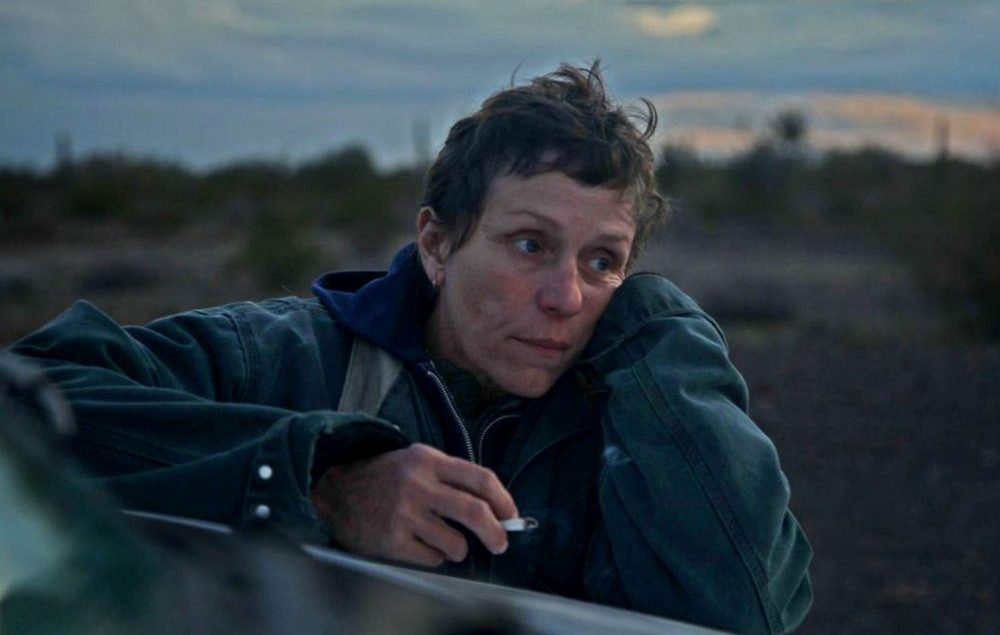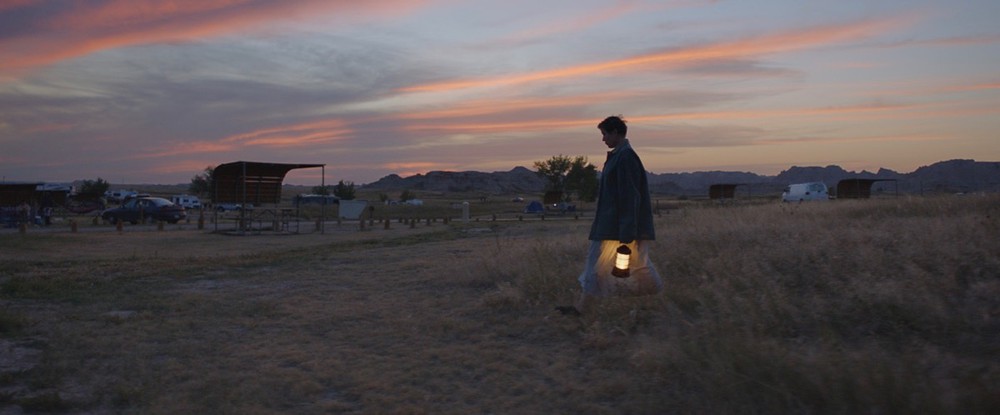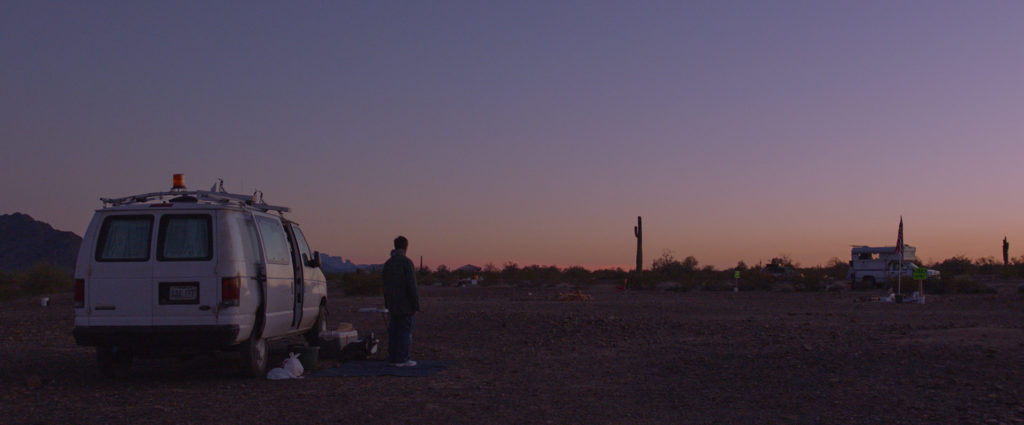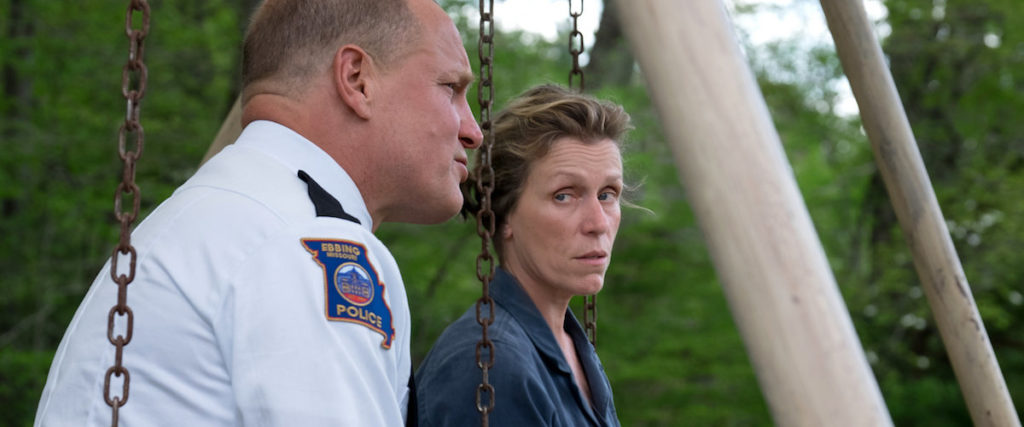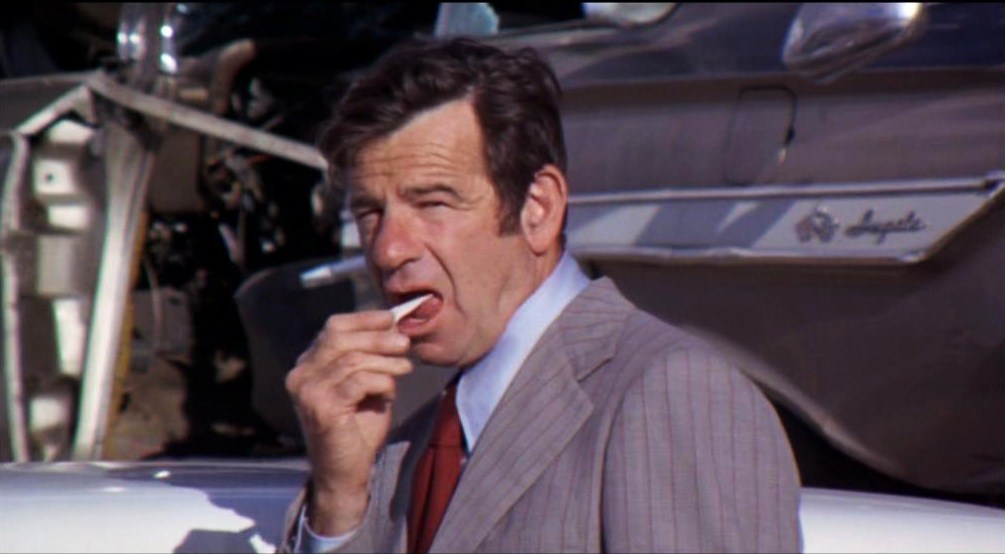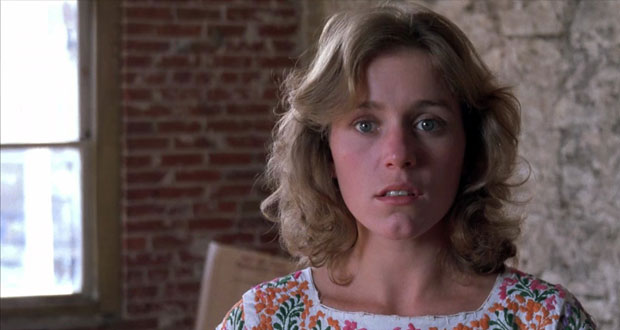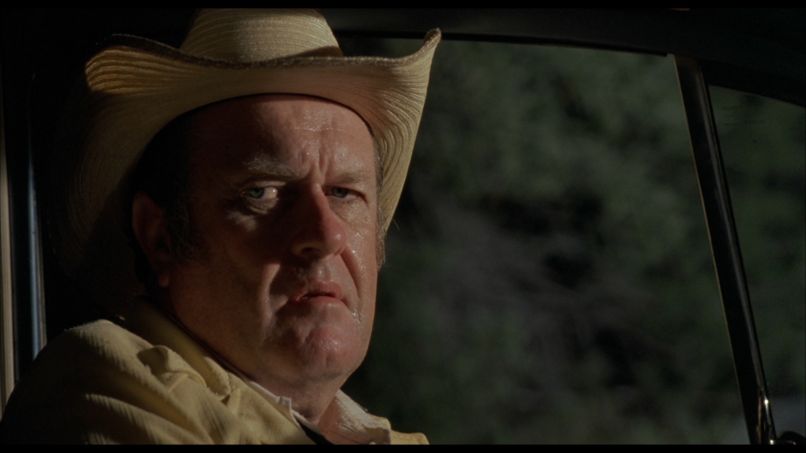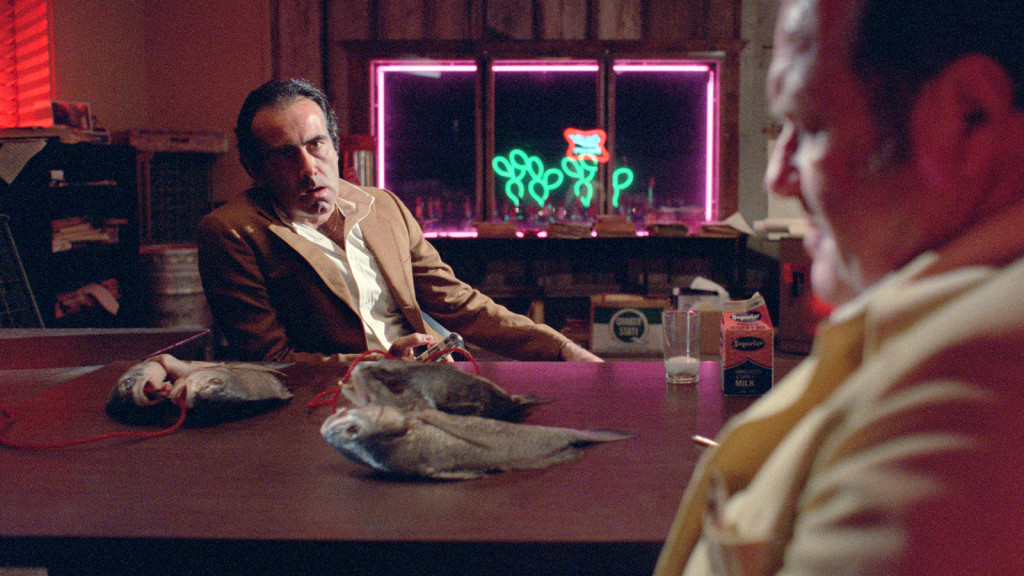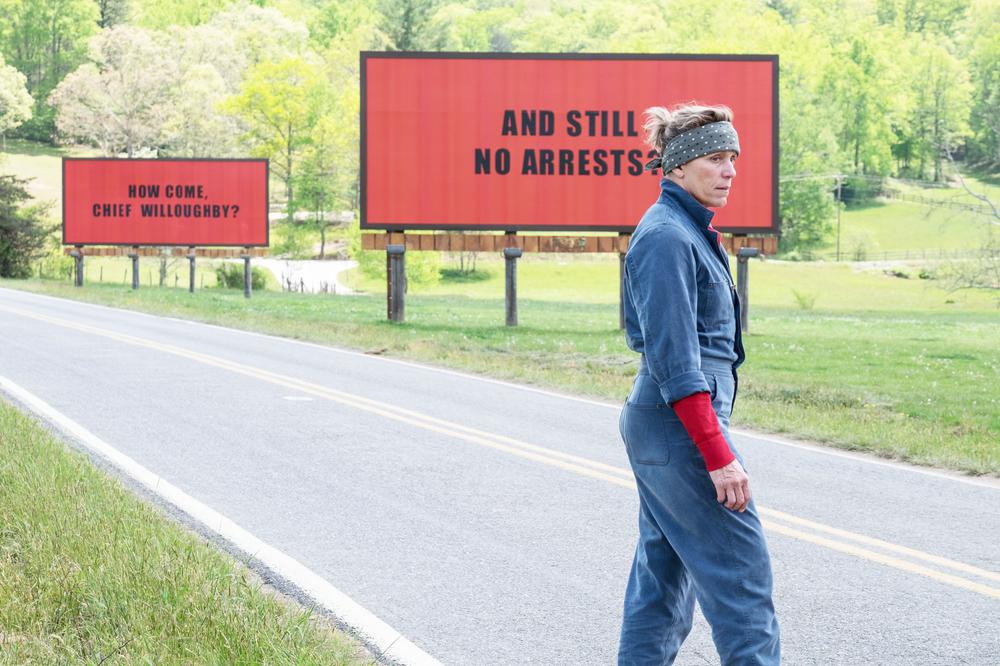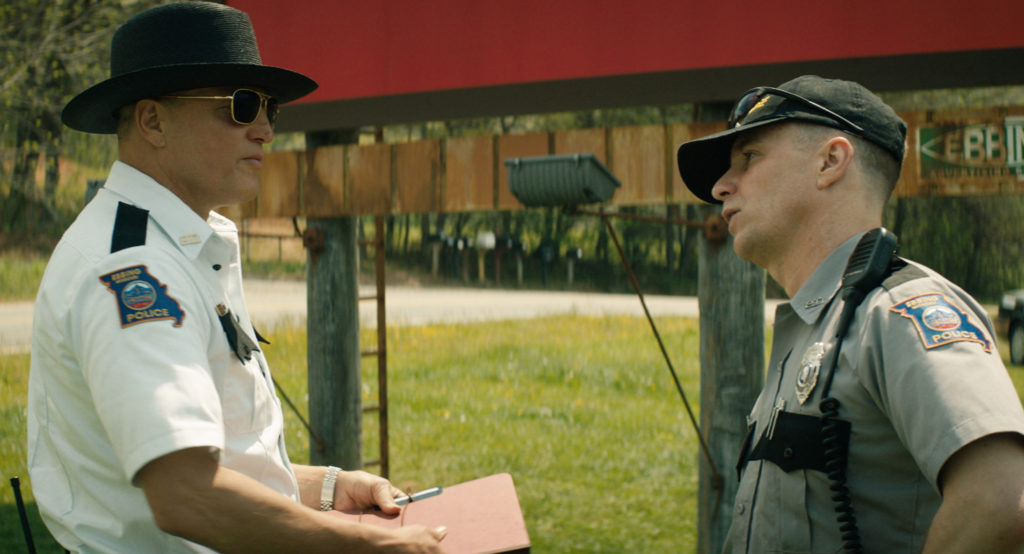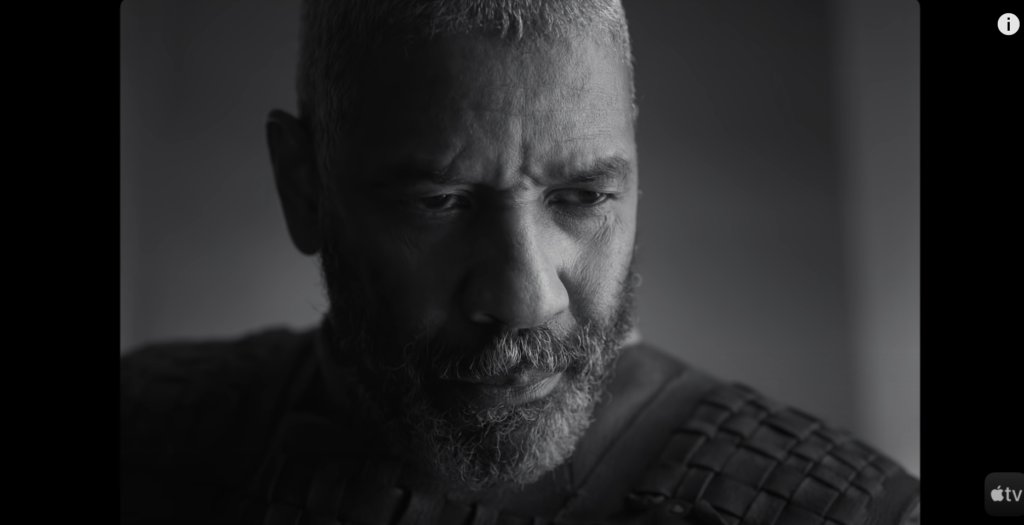
Director Joel Coen brings us the best of Shakespeare in The Tragedy of Macbeth. Of course, he has two of our finest screen actors as his leads – Denzel Washington as Macbeth and Frances McDormand as Lady Macbeth. They are both great. McDormand has played Lady Macbeth on stage at the Berkely Rep.
Vaulting ambition. Macbeth has always been my favorite Shakespearean play because my own life’s work has been a study of political ambition. Ambition raises one essential question, will you do what it takes? At first, Lady Macbeth worries that Macbeth is too decent to do what it takes, but then…
Coen is very faithful to Shakespeare’s original version, although he compresses some minor characters. Coen tells the story in a brisk one hour, forty-five minutes. The play is usually performed in well over two hours, and Roman Polanski’s fine 1971 Macbeth ran almost two-and-a-half hours.
Coen has chosen to use black-and white to bring out the darkness of the plot, the gloominess of dank medieval Scotland and the supernatural aspects. His staging reflects that the original work is a play.
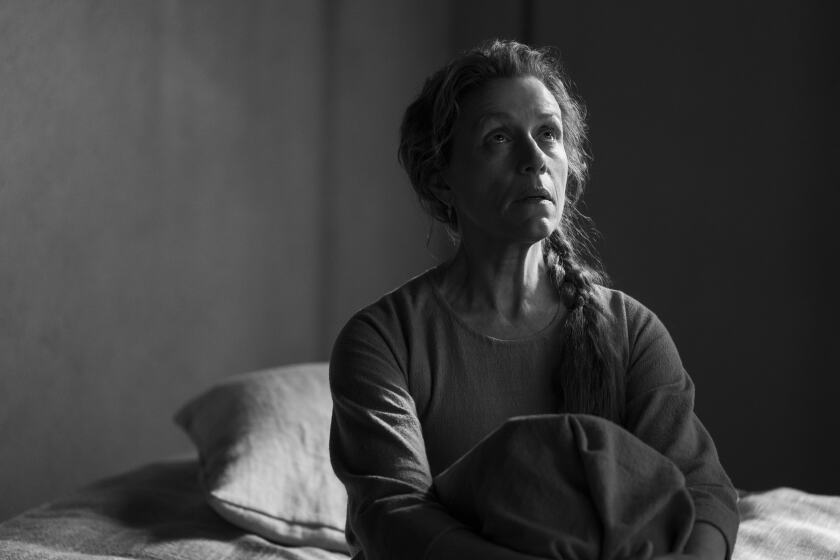
Bertie Carvel brings the needed gravitas and decency to Banquo, an accomplished man betrayed. Harry Melling (Dudley Dursley in the Harry Potter franchise) is perfectly cast as Malcom, as is Brendan Gleeson as Duncan.
Coen has enhanced the role of Ross, plugging him in to some situations that add ambiguity to his intentions. Alex Hassell is very good as Ross, maintaining the mystery of whether he is a good guy or a villain.
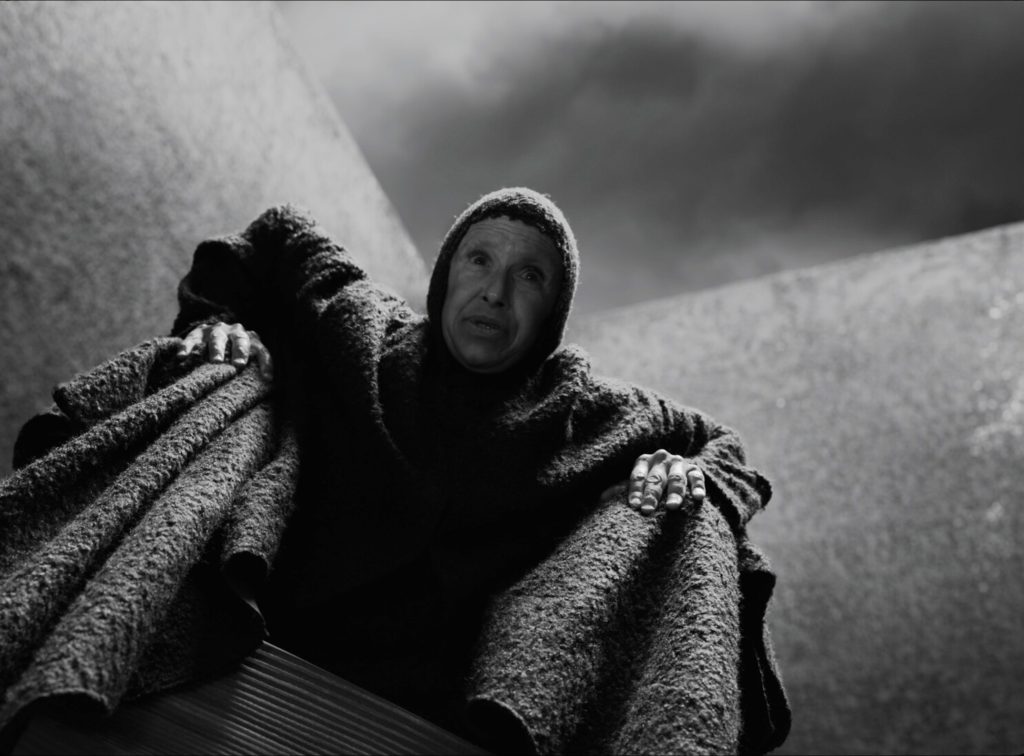
The most extraordinary performance in The Tragedy of Macbeth is that of Kathryn Hunter as the Witches and the Old Man. Hunter’s intensity and the contortions of her body bring a startlingly credible supernatural cast to these characters, which Coen enhances even more with his staging. Look for a Best Supporting Actress Oscar nomination for Hunter.
I’ll be adding The Tragedy of Macbeth to my Best Shakespeare Movies, along with Roman Polanski’s 1971 Macbeth. Polanski set Shakespeare’s definitive study of vaulting ambition in an especially dank and gloomy medieval Scotland. Unsurprisingly for a Polanski film, the witches and Macbeth’s visions are nightmarishly trippy. And Polanski makes Birnam Wood march on film as Shakespeare could not have dreamt of doing on stage. As Lady Macbeth, Francesca Annis played the sleepwalking scene nude.
The Tragedy of Macbeth is brilliant. It is streaming on AppleTV and playing in a few art house theaters.

